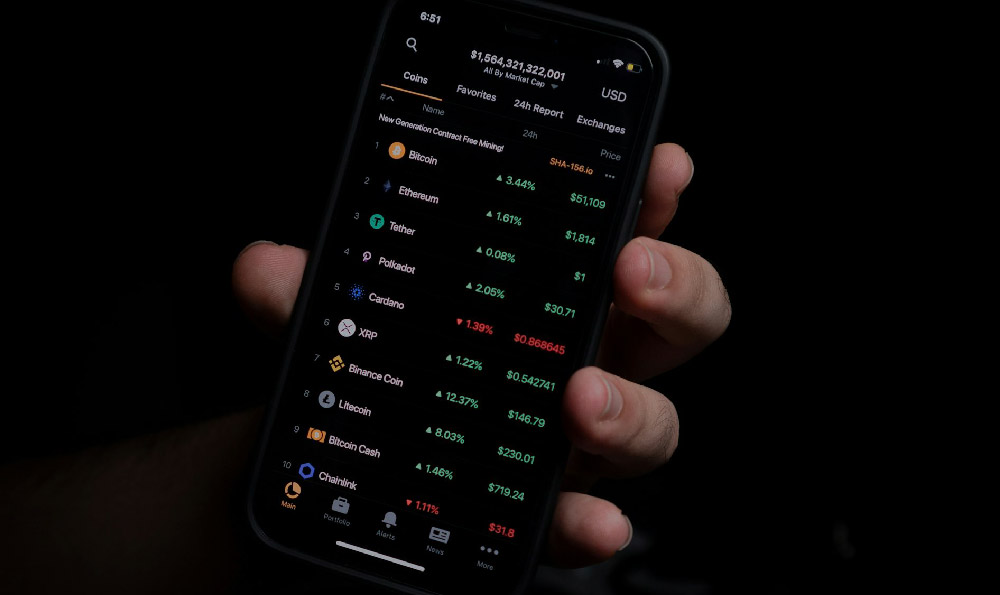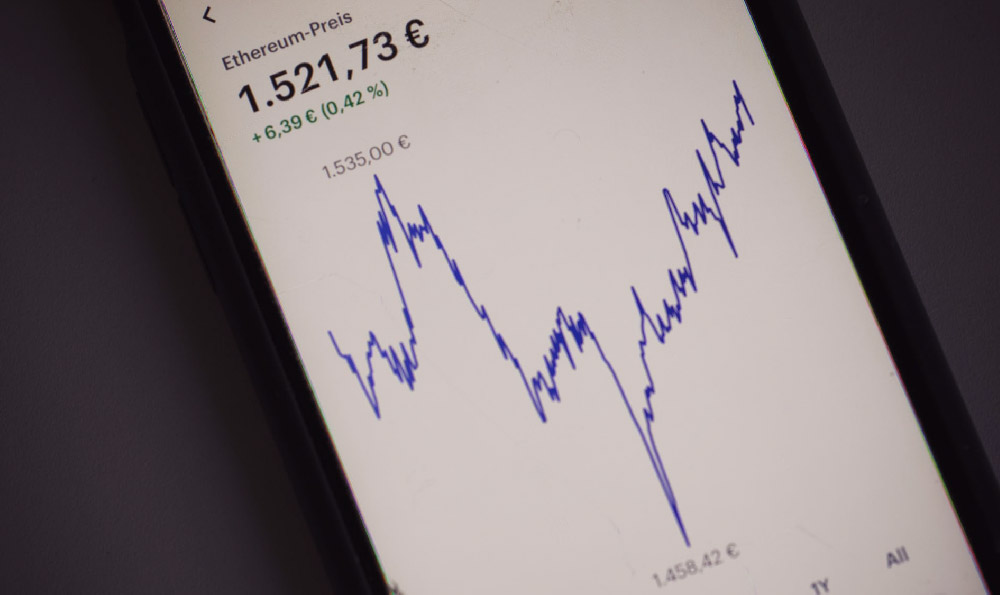The question of how much barbers earn is more complex than a simple numerical answer. A barber's salary is not a fixed figure; it's a dynamic value influenced by a multitude of factors, ranging from geographic location and experience level to the specific business model they operate under and their client base. Understanding these variables is crucial to grasping the potential earning power of a barber and planning a successful career in the industry.
Location plays a significant role. Barbers working in bustling metropolitan areas with higher costs of living and a greater demand for grooming services are likely to command higher prices for their services and therefore potentially earn more. Conversely, barbers in smaller towns or rural areas may face lower service fees and a more limited clientele, impacting their overall income. The specific state and even the neighborhood within a city can significantly influence earnings. A barber operating in a trendy, upscale area will generally charge more than one in a more economically challenged district.
Experience is another key determinant. Entry-level barbers, fresh out of barbering school or apprenticeship programs, typically start with lower salaries as they build their skills and client base. As they gain experience, refine their techniques, and develop a loyal following, they can command higher prices and attract more clients, leading to a substantial increase in income. Senior barbers, with years of experience and a reputation for quality work, are often in high demand and can dictate their rates, leading to significant earning potential.

The business model a barber operates under also greatly impacts their earnings. Barbers can be employees of a barbershop, independent contractors renting a chair, or owners of their own barbershop. Employees typically receive a fixed salary or a percentage of their service revenue, providing a stable income but potentially limiting their earning potential. Independent contractors have more control over their pricing and schedule, allowing them to potentially earn more, but they are also responsible for their own expenses, such as rent, supplies, and insurance. Barbershop owners bear the most risk but also have the highest potential for financial reward. They are responsible for all aspects of running the business, but they also retain the largest share of the profits. The choice of business model depends on the barber's individual goals, risk tolerance, and entrepreneurial spirit.
Furthermore, the type of services offered and the barber's specialization influence income. Barbers who offer a wide range of services, such as traditional haircuts, styling, beard trims, shaves, and coloring, can attract a broader clientele and increase their revenue. Specialization in a particular area, such as fades, beard sculpting, or ethnic hair care, can also create a niche market and allow barbers to charge premium prices for their expertise. Staying updated on the latest trends and techniques through continuing education is crucial for barbers to remain competitive and attract new clients.
Clientele is the lifeblood of any barbering business. Building a loyal client base requires exceptional customer service, consistent quality, and a friendly, welcoming atmosphere. Repeat clients not only provide a steady stream of income but also generate valuable word-of-mouth referrals. Building strong relationships with clients and understanding their individual needs and preferences is essential for long-term success.
Beyond the core factors, several other elements contribute to a barber's earning potential. These include tips, product sales, and commission on other services offered by the barbershop. Excellent service often results in generous tips, which can significantly supplement a barber's income. Selling hair care products and earning a commission on other services, such as waxing or facials, can also boost earnings.
To provide some context with numbers, entry-level barbers in the United States might earn an average of $25,000 to $35,000 per year. Experienced barbers, with a solid client base and a proven track record, can earn upwards of $40,000 to $60,000 per year, and in some cases, even more. Barbershop owners, particularly those with successful businesses and multiple employees, have the potential to earn significantly higher incomes. However, these figures are just averages, and actual earnings can vary widely depending on the factors mentioned above.
Ultimately, determining a barber's salary requires a holistic approach that considers the interplay of location, experience, business model, services offered, and client base. Aspiring barbers should carefully research their local market, develop their skills, build a strong client base, and choose a business model that aligns with their goals to maximize their earning potential. Continuous learning, exceptional customer service, and a passion for the craft are essential ingredients for a successful and financially rewarding career in barbering. The path to financial security as a barber is not always straightforward, but with dedication, hard work, and a strategic approach, a comfortable and fulfilling career is certainly attainable.












